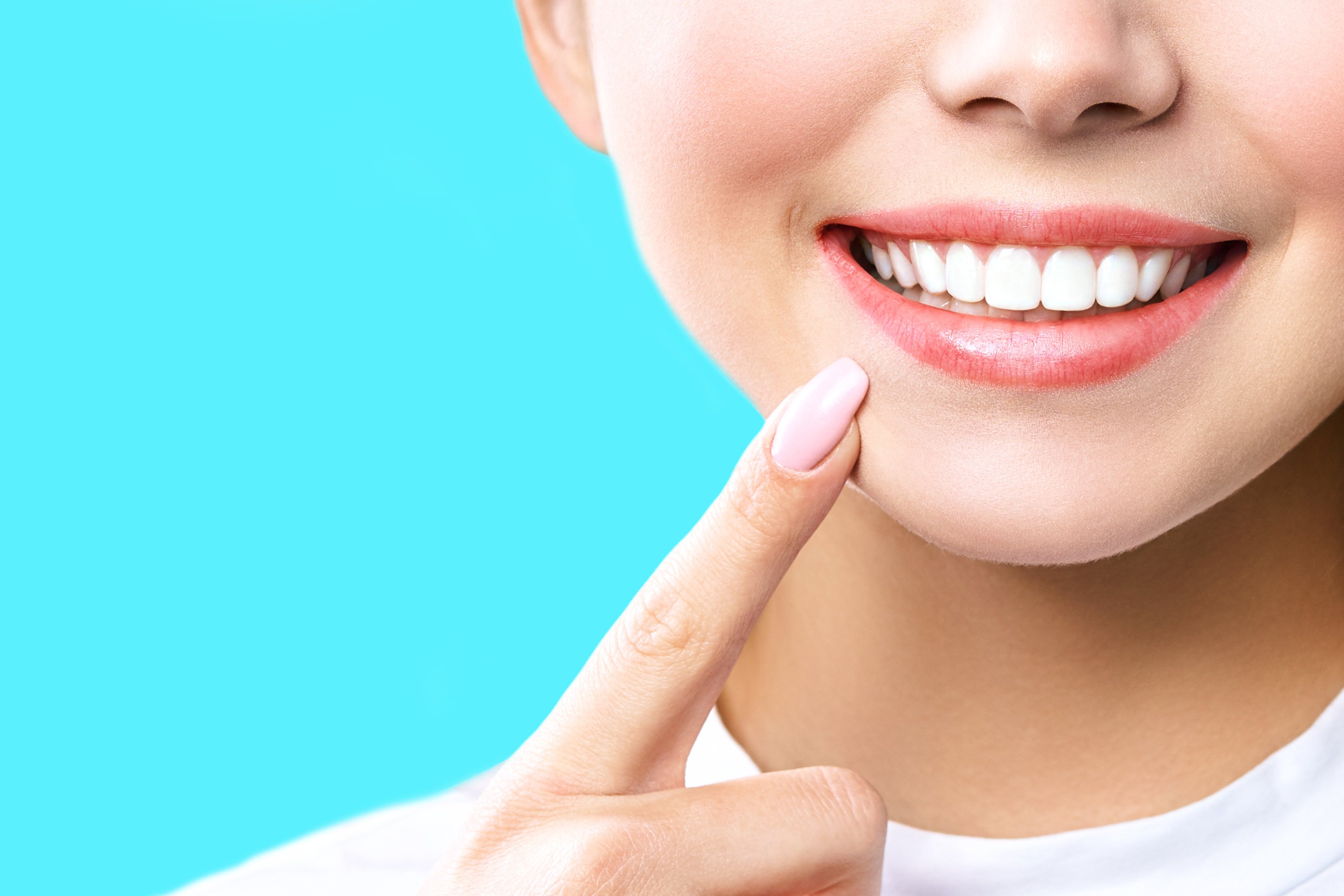Everything You’ve Ever Wondered About the Latest Diets

Summarize with AI
Are you confused by the incredible number of fad diets that seem to pop up every day? Here's what you should know about some of the trendiest diets, along with details about how they might affect your teeth and overall health.
Ketogenic Diet
Commonly known as "Keto," this trendy diet involves significantly reducing carbohydrate consumption in favor of fats. This is meant to deplete the body's glucose storage, so it is forced to burn more fat. With Keto, dieters aim to limit carb calories to just 5 to 10 percent of their caloric intake. This puts the body into a state of ketosis where it starts burning fat for fuel.
If you adopt a Keto diet, you will have to seriously limit your consumption of oats, bread, pasta, cereals and other grain-based foods. While you can eat fats, it's best to focus on healthy options, such as avocados, dairy, seeds, nuts and healthy oils. At the same time, you should also include non-starchy vegetable choices such as kale, spinach, cucumbers, asparagus, cauliflower and any leafy greens.
Is it a Good Option?
Research indicates that a Ketogenic Diet can be healthy on a limited basis if you eat good fats. That said, it should only be used for a limited time to boost your initial weight-loss efforts. You should also focus on eating healthy fats as opposed to animal fats, which can increase cholesterol.
Paleo Diet
With this diet, you aim to eat like our ancestors by avoiding processed and grain-based foods in favor of lean protein, fruits, vegetables, nuts, seeds and healthy fats. In addition to boosting your overall health, the Paleo Diet also tends to keep you full, so you have fewer cravings.
Is it a Good Option?
According to the Mayo Clinic, randomized clinical trials suggest that a Paleo Diet may provide some advantages when compared with diets of fruits, vegetables, whole grains, lean meats, legumes and low-fat dairy products. That said, experts have expressed concern that Paleo Diets exclude whole grains and legumes, which are rich sources of vitamins, fiber and other nutrients.
The Alkaline Diet
This diet focuses on eliminating things that create acidity within the body. This includes grains, alcohol, processed foods, eggs, conventional meats, flour and refined sugar. Supporters of Alkaline diets argue that they help reduce the risk of chronic diseases, while also helping to preserve muscle mass, bone and tooth enamel.
Is it a Good Option?
According to research, there may be some real value in considering an alkaline diet to help reduce the risk of morbidity. That said, while it may result in a number of health benefits, there is no convincing evidence that this diet improves bone health or will help keep you out of the dentist's chair.
Whether you choose to try a Paleo, Ketogenic, Alkaline or other types of fad diets, it's important to approach the situation with your eyes wide open. If you aren't careful, you can experience nutritional deficiencies, which can compromise your health. Some diets can also increase the risk of kidney disease, bone loss and dental problems. Before you decide to adopt a new diet, talk to your dentist to learn if there are any risks and find out if you might need to take a supplement to meet your nutritional requirements.
.png)

